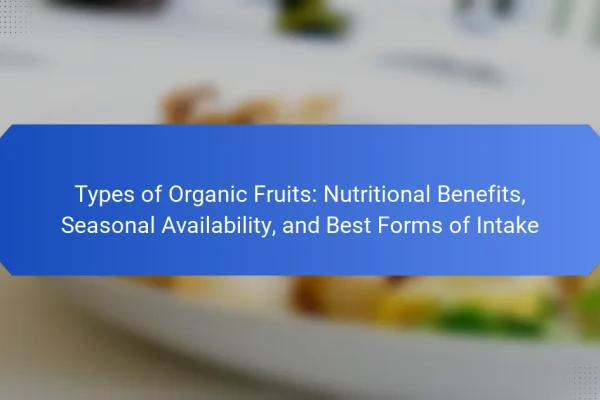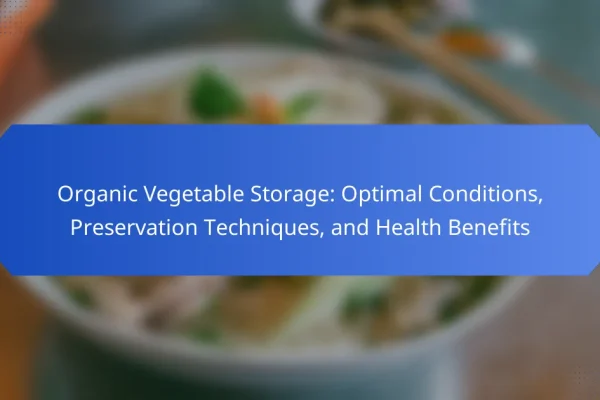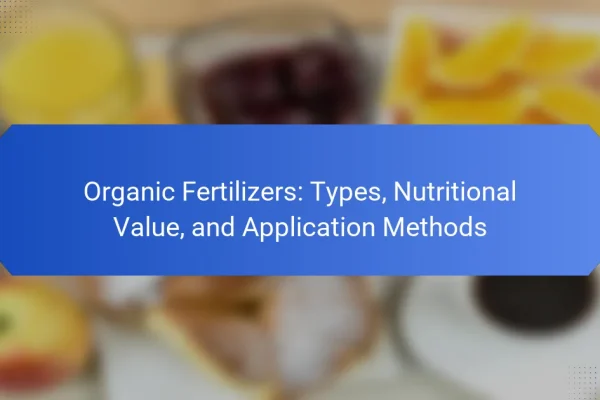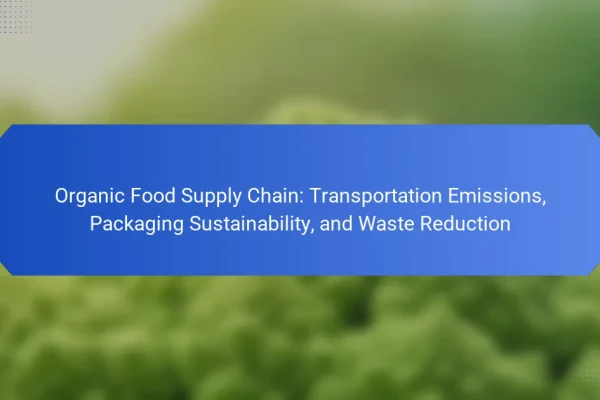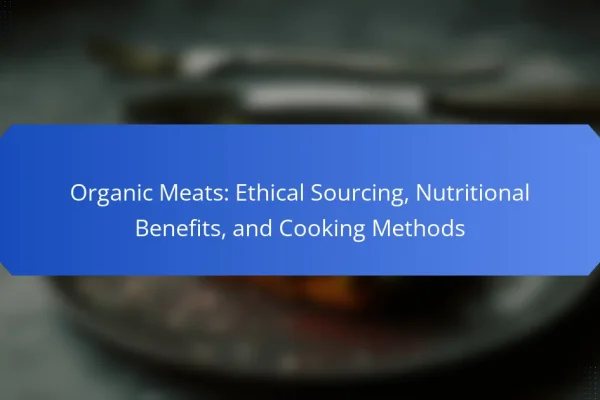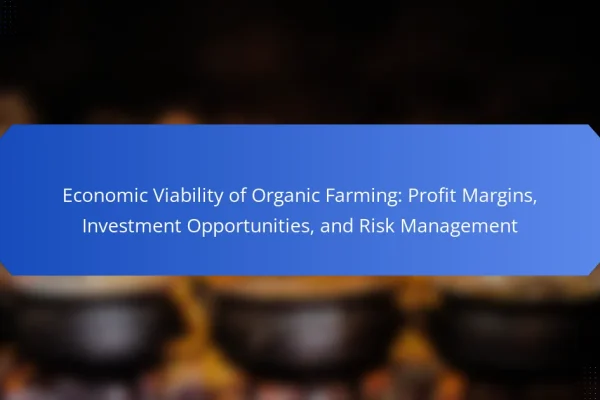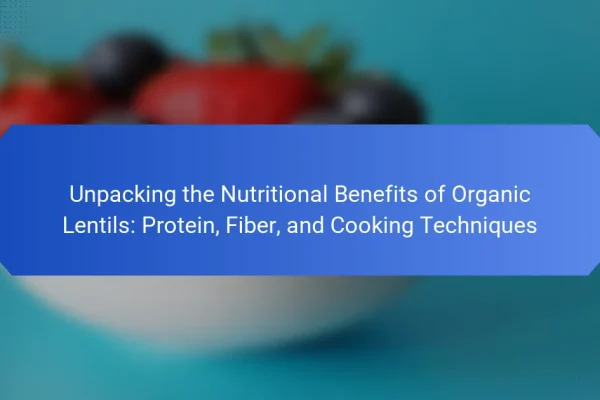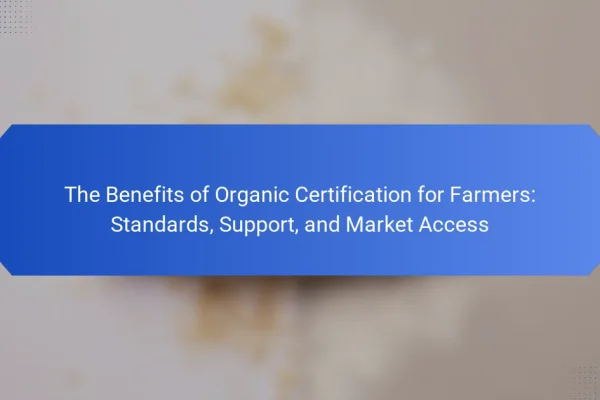
The Benefits of Organic Certification for Farmers: Standards, Support, and Market Access
Organic certification is a process that verifies agricultural products are produced according to established organic standards, which prohibit synthetic fertilizers, pesticides, and genetically modified organisms. This certification promotes sustainable farming practices, enhances soil health, and supports biodiversity. In the United States, the USDA manages the National Organic Program, which requires farmers to undergo inspections and…
